https://www.youtube.com/watch?v=40RThtuDP24
When it comes to pest control, one of the most common nuisances that homeowners face is a mouse infestation. These tiny creatures can invade your home and cause all sorts of problems, from damaging your property to spreading diseases. One of the key indicators of a mouse problem is the presence of their droppings, commonly referred to as mouse poop. In this article, we will delve into the topic of recognizing the signs of mouse poop in your house and provide you with valuable insights on how to identify and address this issue effectively.
Identifying Mouse Poop: A Key to Pest Control
Mouse poop, also known as mouse droppings or mouse feces, is an important clue that can help you determine the extent of a mouse infestation in your home. By recognizing the signs of mouse poop, you can take appropriate measures to eradicate these unwanted guests and safeguard your living environment. Here, we will guide you through the process of identifying mouse poop and understanding its implications.
Recognizing the Signs: Identifying Mouse Poop in Your House
1. Appearance and Size
Mouse poop is easily identifiable due to its distinct characteristics. Typically, mouse droppings are small and can be compared to dark grains of rice in size. They have a cylindrical shape with pointed ends, allowing for easy differentiation from the droppings of other pests. In terms of color, mouse poop is commonly black or dark brown and average 1/4″ inch long. However, it is worth noting that the color may vary if the mouse has been consuming specific types of food. In such cases, the droppings might appear lighter in color. By being able to recognize these unique features of mouse poop, you can confidently distinguish it from the droppings of other animals or pests that may be present in your surroundings. This knowledge is crucial in accurately identifying the presence of mice and taking appropriate measures for pest control.
2. Location
Mouse poop is commonly found in areas where mice are active. These include the kitchen, pantry, cupboards, attics, basements, and hidden corners of your house. If you notice concentrated droppings in specific areas, it indicates that mice are frequenting those places. Pay close attention to areas near food sources, as mice are attracted to food debris and can contaminate your pantry.
3. Quantity
The quantity of mouse poop can provide insights into the size of the mouse population in your house. A few droppings scattered here and there may suggest that mice have recently entered your home, while a larger quantity of droppings indicates a more established infestation. Regularly monitoring the amount of mouse poop can help you gauge the severity of the problem. When mice take over an area, it then becomes unusable and unliveable very fast. On average, a single mouse can produce anywhere from 50 to 75 droppings per day. Yep, you heard that right. These tiny critters have quite the active digestive system. So, if you have a mouse infestation in your house, you can expect to find their delightful little droppings scattered around quite often. It’s their way of marking territory and leaving their not-so-subtle presence behind.
4. Freshness
Fresh mouse poop is darker in color and has a moist appearance. As time passes, the droppings become dry and lighter in color. By assessing the freshness of the mouse poop, you can determine how active the mice are in your house. Fresh droppings imply recent mouse activity, whereas older droppings indicate a persistent infestation.
5. Odor
Mouse droppings have a distinct musty smell that can be particularly noticeable in enclosed spaces. If you detect a strong, pungent odor resembling ammonia, it could be an indication of a significant mouse presence in your home. The odor may also linger even after the droppings have been removed, so it’s crucial to address the underlying issue promptly. Mice not only poop in your home, but they also urinate. You can see from this photo that the mice have ruined the insulation and are also starting to damage the wood beams.
6. Associated Damage
In addition to the presence of mouse poop, you might also observe signs of associated damage. Mice have a tendency to gnaw on various materials, including wires, insulation, and even structural elements of your house. Keep an eye out for chew marks, shredded papers, or any other indications of mouse activity that can help you identify the source of the droppings.
Frequently Asked Questions
1. Can mouse poop spread diseases?
Yes, mouse poop can carry various diseases and pose health risks to humans. Mice are known carriers of pathogens such as hantavirus, salmonella, and leptospirosis, which can be transmitted through contact with their droppings. It is important to handle mouse poop with caution and take appropriate measures to prevent the spread of diseases.
2. How should I clean up mouse poop?
When cleaning up mouse poop, it is essential to protect yourself from potential health hazards. Wear disposable gloves and a face mask to minimize direct contact. Begin by using a disinfectant spray or a mixture of bleach and water to wet the droppings and surrounding areas. Carefully remove the droppings using paper towels or disposable cloths, placing them in a sealed plastic bag. Finally, thoroughly clean the affected area with a disinfectant solution to ensure proper sanitation.
3. Are there any natural methods to repel mice?
Yes, there are some natural methods that can help deter mice from entering your home. Peppermint oil, for example, has a strong scent that mice find unpleasant. Soaking cotton balls in peppermint oil and placing them in areas where mice are likely to enter can act as a deterrent. Additionally, keeping your house clean and free of food debris, sealing any entry points, and using mousetraps can help prevent mice from infesting your home. While natural methods like peppermint oil may initially deter mice from entering your home, it is important to note that they are not a foolproof long-term solution. Mice have a remarkable ability to adapt and overcome aversive stimuli over time. They may become accustomed to the scent of peppermint oil or find alternative pathways into your home that bypass the cotton balls soaked in the oil. Therefore, relying solely on mouse repellants like peppermint oil will not effectively keep mice away in the long run. It is crucial to complement these methods with proper house hygiene, sealing of entry points, and the use of mousetraps for a more comprehensive approach to preventing mice infestations.
4. Should I contact a professional pest control service?
If you have identified signs of a mouse infestation and your efforts to control it have been unsuccessful, it is advisable to contact a professional pest control service near you. Pest control experts have the knowledge, experience, and resources to effectively address mouse problems and implement comprehensive strategies to eradicate the infestation. They can also provide guidance on preventive measures to minimize the chances of future mouse invasions.
5. How can I prevent mice from entering my house?
To prevent mice from entering your house, it is important to take proactive measures. Seal any cracks or gaps in the foundation, walls, or windows that can serve as entry points for mice. Keep your living environment clean and tidy, ensuring that food sources are properly stored in sealed containers. Regularly inspect and clean hidden areas such as attics, basements, and crawl spaces. By implementing these preventive measures, you can significantly reduce the risk of mice infesting your home.
6. What are the dangers of a mouse infestation?
A mouse infestation can pose several dangers to both your property and your health. Mice can cause structural damage by gnawing on wires, insulation, and furniture. They can also contaminate food and surfaces with their droppings, leading to the spread of diseases. Additionally, mice reproduce quickly, which means a small infestation can escalate into a larger problem if not addressed promptly. Taking swift action to eliminate a mouse infestation is crucial to mitigate these risks.
Recognizing the signs of mouse poop in your house is essential for effective pest control. By familiarizing yourself with the appearance, location, quantity, freshness, odor, and associated damage of mouse droppings, you can identify the presence of mice and take appropriate measures to address the problem. Remember to prioritize your safety when cleaning up mouse poop and consider professional mouse feces and contamination cleanup assistance. By implementing preventive measures and promptly addressing mouse infestations, you can maintain a clean and pest-free living environment.
Professional Services for Mouse Removal, Proofing and Cleanup
The following are services that you should consider when trying to rid your home of these nasty rodents!

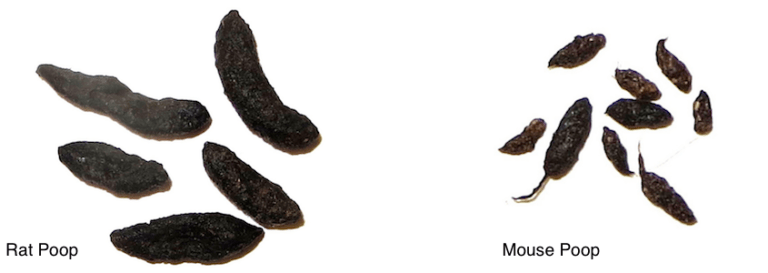
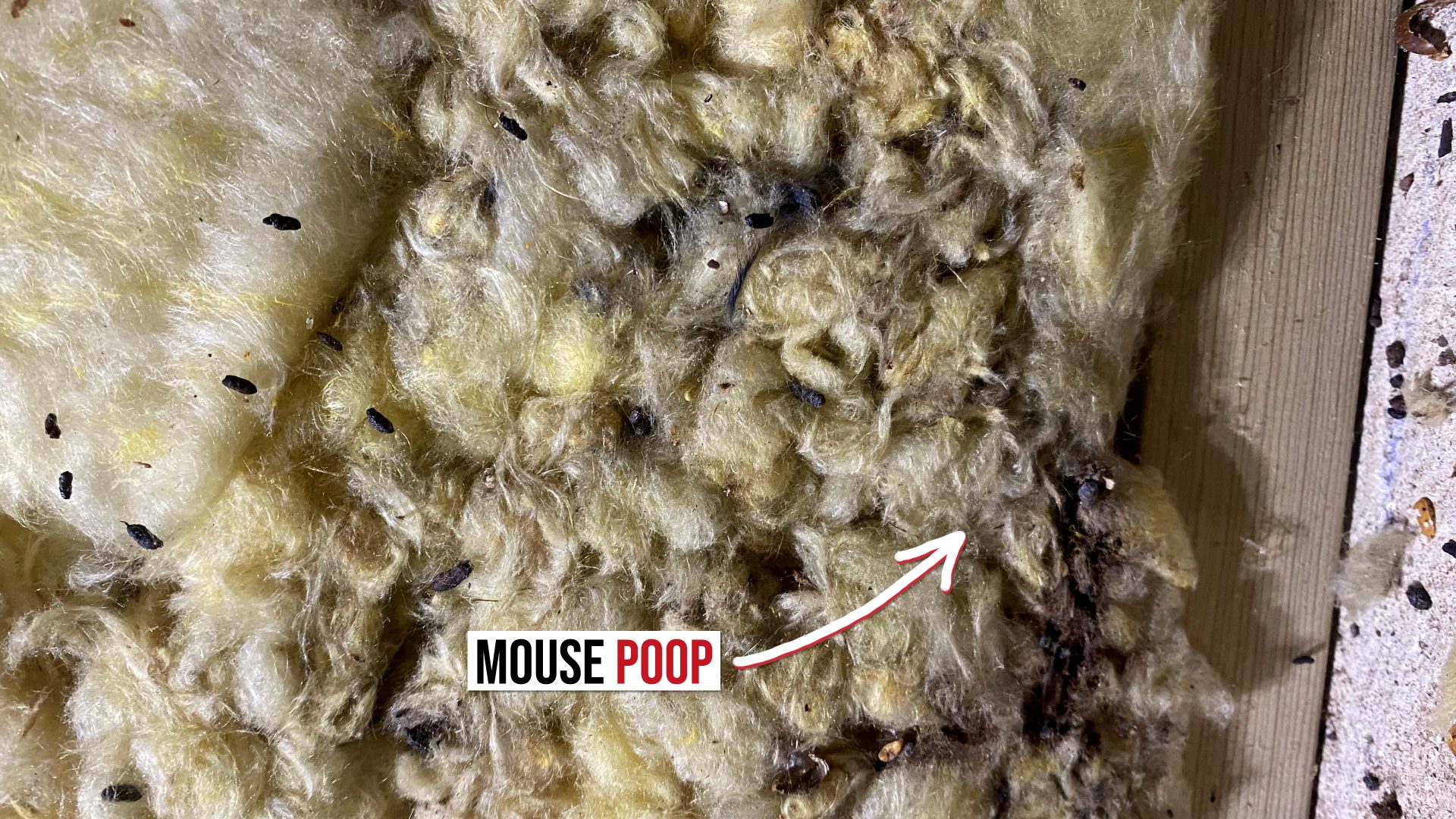
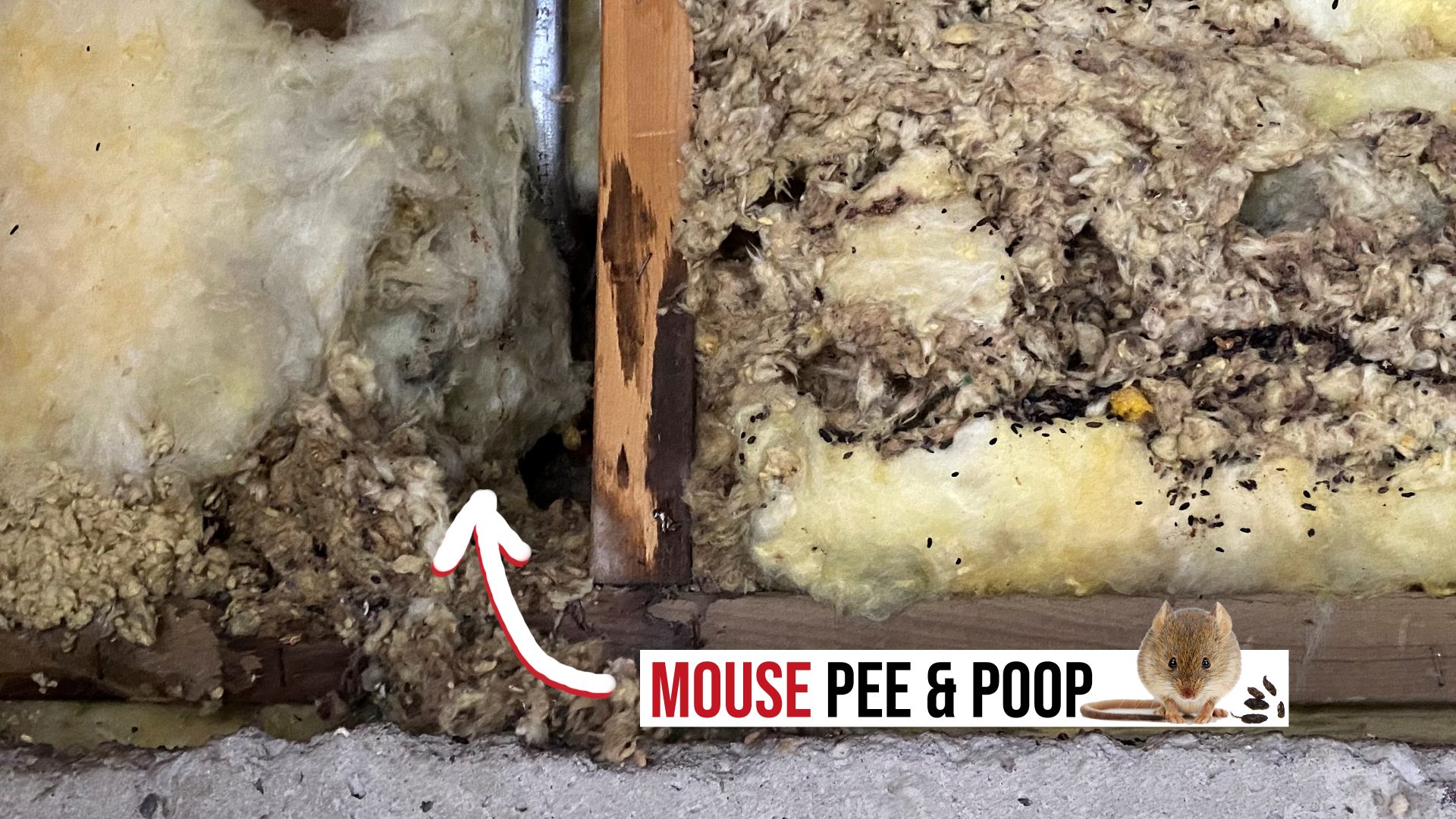
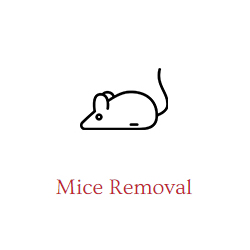
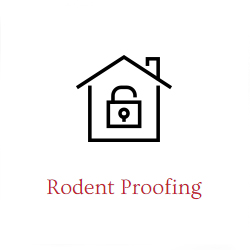
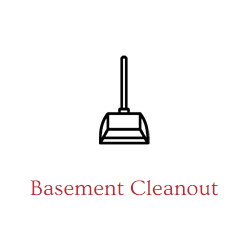
Recent Comments